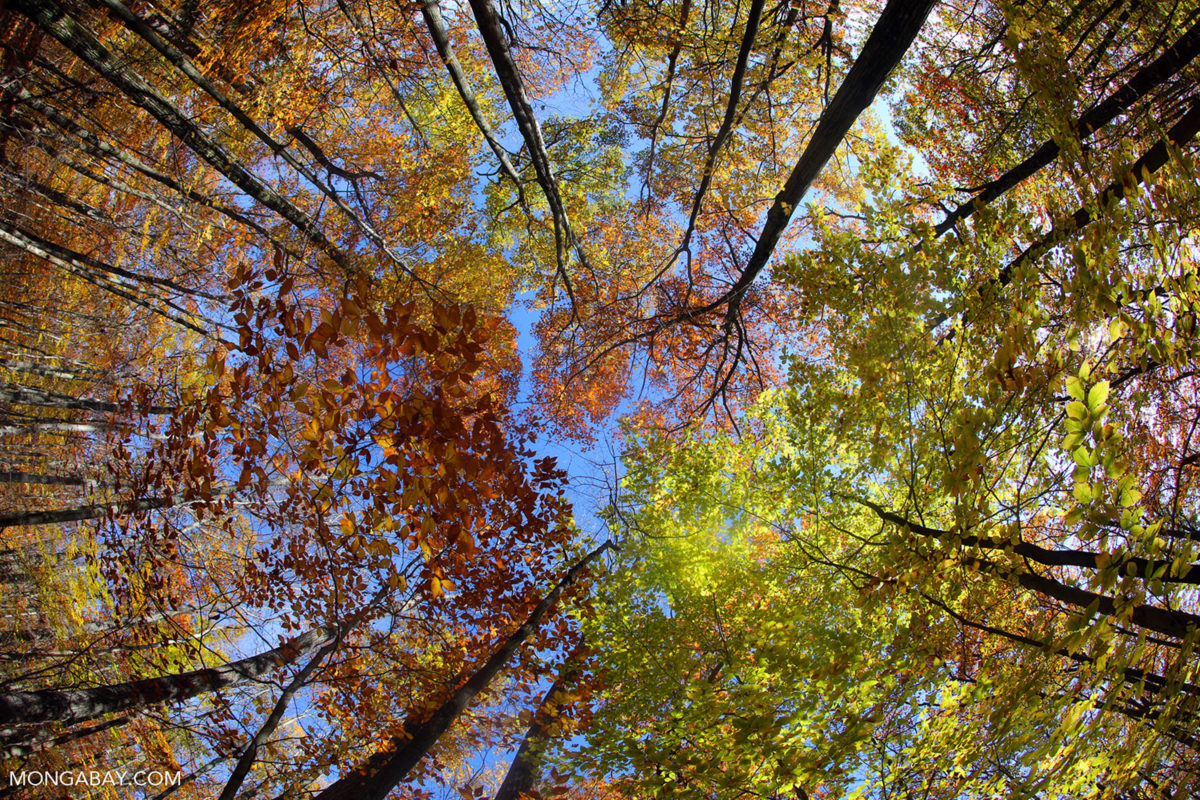Like many sectors, conservation has increasingly been reckoning with issues around inclusivity, representation, justice, and equity. Many of these stem from the sector’s origins in the West, where conservation has tended to be the domain of the well-off. Conservation goals were thus often pursued at the expense of peoples who were traditionally the most dependent on wild places for their day-to-day survival.
Growing recognition of injustices against Indigenous peoples and local communities, social movements like #MeToo and #BlackLivesMatter, and the realization that current approaches won’t be sufficient to stave off catastrophic climate change and mass extinction have accelerated the push for change in the conservation sector.
As the largest environmental nonprofit in the United States with annual revenue exceeding $1 billion, The Nature Conservancy (TNC) has been among the groups grappling with these issues. In 2019, several senior executives left the organization after an internal investigation into sexual harassment.
Last year, Jennifer Morris took the helm of TNC as CEO, joining the organization right as COVID-19 lockdowns began across the United States. Morris thus found herself navigating a new role at the top of a large organization trying to recover from an internal crisis at a time when the entire world seemed to be spiraling out of control.
The pandemic has since stabilized, but Morris is still faced with the tall order of steering the 70-year-old institution through a turbulent period of change that affects not only the environmental sector, but society as a whole. Morris, however, is no newcomer to leadership: She had previously served in executive positions at Conservation International (CI) over a 20-year period, culminating in her being named CI’s president in 2017.
“I didn’t always imagine starting my journey as CEO in the middle of a global pandemic — I’ve spent much more time on Zoom than on preserves or meeting my teams in person,” Morris told Mongabay in a recent interview. “My priorities have been to create an inclusive and equitable culture while supporting our teams working through the challenges of the pandemic — and to focus our 2030 goals, ensuring that TNC can create a carbon-neutral, nature-positive, and equitable world in this critical decade ahead for our planet.”

While Morris has been at the world’s largest and most influential conservation groups since the late 1990s, she got her start at the other end of the spectrum, working with the Ovambo people in a village in northern Namibia. That experience, she says, introduced her to the severe impacts environmental degradation can have on local communities.
“Twenty-eight years ago, I was teaching English in a small village in northern Namibia. Outside of class, I helped the local women collect firewood and dig boreholes to access freshwater from the aquifer. I began to realize the damaging effects of deforestation on their community — and how these consequences fell largely on women. This experience helped me understand on a deeper level the connection between human health and planetary health. From that moment on, I dedicated my career to protecting and restoring nature to better the lives of all who depend on it.”
That start, plus her experiences working at various levels within big conservation organizations, has informed and shaped her views on the issues the sector is now wrestling with, she said.
“The conservation sector is facing a long-overdue reckoning with equity, particularly around racial equity, Indigenous land rights, and climate justice. For decades, protecting nature has come at the expense of the original stewards of land and waters — or prioritized over addressing environmental impacts that disproportionately hurt underserved communities,” she said. “With their deep knowledge of natural systems, Indigenous Peoples and local communities are consistently the best stewards of landscapes and natural resources. It’s crucial that they have a strong voice and choice in the decisions and actions that impact their lands, waters, livelihoods and culture.

“I would also say that gender representation in conservation has changed significantly, but not fast enough. As I grew into new leadership positions and gained access to higher levels of decision-making in my career, I was struck by how frequently women had been absent from the table,” she continued. “Today there are more women in leadership roles, more women philanthropists, and a broader adoption of gender equity as a core conservation strategy. Women leaders, from Indigenous communities, local and global governments, science, agriculture and beyond are charting a course for a brighter future. This perspective is crucial, as women play an important role in managing natural resources; they bear heavier burdens from climate impacts; and they face increased risk of violence during crises, including natural disasters and the current COVID-19 pandemic.”
Morris said the pandemic itself has “underscored our broken connection with nature,” though government responses have been mixed to date as far as the environment is concerned.
“Many governments have included green measures in their recovery packages, for example through grants, loans or tax reliefs for green transport, circular economy and clean energy development. But so far, the balance is largely net-negative for investment in environmental outcomes.”

But despite this, as well as the daunting environmental challenges we currently face, Morris says she considers herself an “impatient optimist.”
“I understand the severity of the threats facing our planet, but I believe that the global community can come together and enact the right policies, shift industries toward a more sustainable path, and empower local communities to protect the resources that sustain them.”
Morris spoke of these issues, environmental priorities for the Biden administration, engaging the private sector in sustainability, and more during an April 2021 interview with Mongabay founder Rhett A. Butler.


